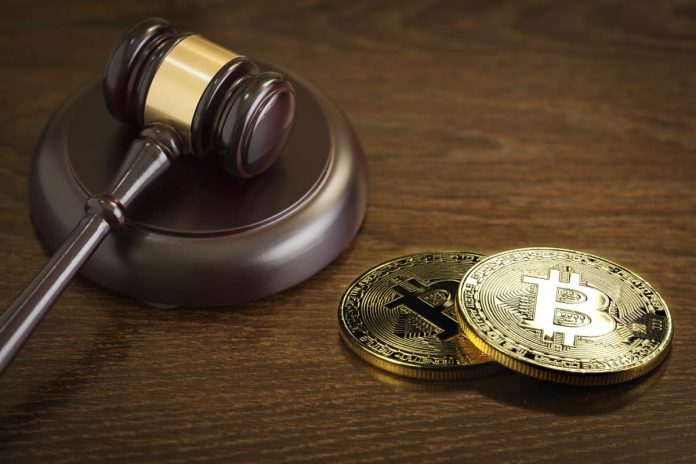As the 2024 presidential election approaches, U.S. Senator Thom Tillis (R-N.C.) has proposed a “light-touch” regulatory framework for the cryptocurrency industry. He believes that it is important to balance the growth of the industry with preventing illicit financing. This statement was made during a recent meeting of the Senate Banking Committee, highlighting the increasing focus on cryptocurrency during legislative discussions.
There are diverse opinions on crypto regulation within the Senate Banking Committee. Bipartisan senators have shared their views on the necessity of new cryptolaws. Senator Tillis emphasizes the need for a regulatory system that strikes a balance between overregulation, which can stifle innovation, and underregulation, which can facilitate financial crimes. His approach aims to create an environment that allows the cryptocurrency industry to thrive without being threatened by market crashes or terrorist funding.
During the meeting, Deputy Treasury Secretary Wally Adeyemo expressed the opinion that the Treasury should have more powers to control crimes associated with cryptocurrency. This proposition aligns with the Treasury’s ongoing efforts to combat illicit finance, terrorism, and sanction evasion.
To address these issues, Senator Tillis and Senator Bill Hagerty (R-Tenn) have proposed a discussion draft of a new bill called the Ensuring Necessary Financial Oversight and Reporting for Cryptocurrency Ecosystems Act (ENFORCE Act). This bill aims to ensure that centralized cryptocurrency firms comply with the Bank Security Act (BSA) and Anti-Money Laundering (AML) regulations by implementing more detailed regulatory requirements for the industry, particularly in the areas of financial reporting and oversight.
The need for more detailed crypto regulation is not only a Republican viewpoint. Democratic members of the Senate Banking Committee, such as Senators Elizabeth Warren (D-Mass.), Mark Warner (D-VA), and Bob Menendez (D-NJ), have also been pushing for more regulation. They recognize that cryptocurrencies are often used for illegal purposes and believe that comprehensive regulatory systems must be put in place, especially in the areas of AML and know-your-customer standards.
During her speech, Senator Warren focused on the dangers of stablecoins and the need to include them in the legal framework against money laundering. This reflects a bipartisan understanding of the need for efficient regulation of the cryptocurrency industry.
In his testimony, Deputy Treasury Secretary Adeyemo discussed the need to expand authorities in the fight against illegal crypto financing. He emphasized how the proliferation of cryptocurrency can benefit those who oppose traditional financial systems, including terrorists and state actors. Adeyemo’s proposal for legislative changes aims to strengthen the Treasury’s power to identify and punish illicit funds, including significant players in the digital asset environment and offshore cryptocurrency exchanges.
In conclusion, as the cryptocurrency industry continues to grow and gain attention, there is a bipartisan agreement that more detailed regulation is necessary. Both Republican and Democratic members of the Senate Banking Committee recognize the need to balance the industry’s growth with preventing illicit activities. The Treasury is also seeking expanded powers to tackle crypto crime and ensure compliance with AML and BSA regulations.

